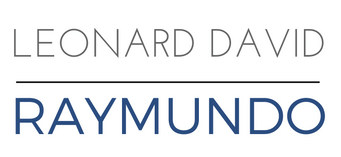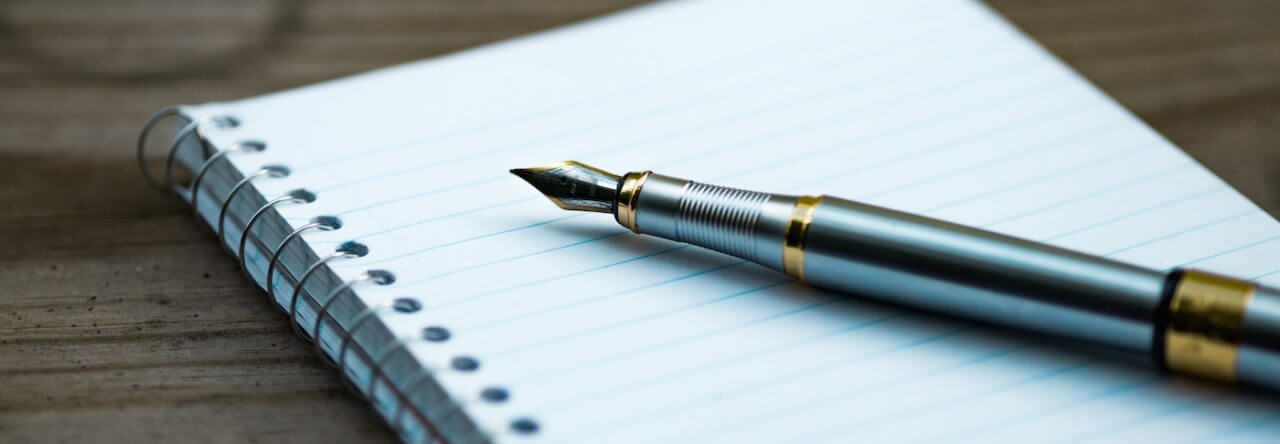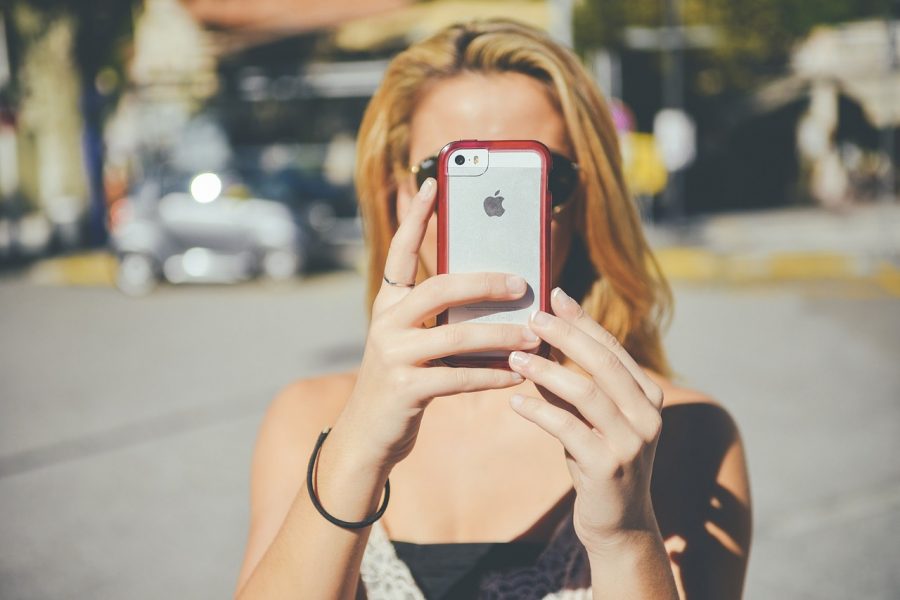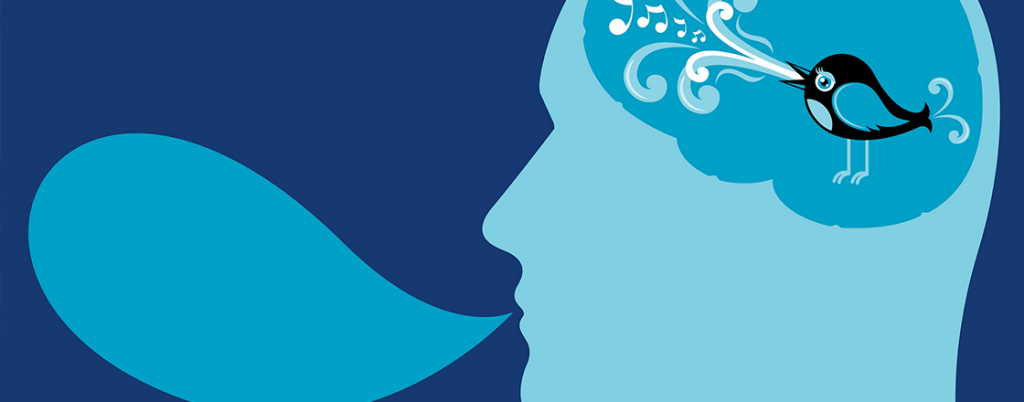Smartphone addiction is a real and prevalent issue among many people today, myself included. In fact, of the 56% of Americans who own smartphones, many report feeling panicked and anxious when misplacing their mobile devices. This desperation to be connected at all times can be especially troubling for writers despite the vastness of the internet, and the overwhelming amount of information available at our fingertips.
It’s easy to get lost in your phone or tablet when browsing the web, reading online articles, and indulging in the endless world of social media. For many people, “taking a break” means surfing the internet and reading funny or interesting articles rather than checking their emails. However, you are still on your smartphone (or tablet) while doing this. Occupying your mind via technology at all times can be detrimental to your creative process, and thus your creative writing.
Today, it’s much easier to pick up your phone and go through the many applications you’ve downloaded when you become bored. By doing this, you are effectively preventing your mind from wandering, which is an essential activity for creative writers. A majority of writers credit their stories and ideas simply from their imaginations; something that can only be done when the mind is able to wander and reflect on the day, and the interactions that occurred throughout.
Have you noticed unique or eclectic ideas coming to mind more often while you are driving or in the shower? While you may not exactly be bored in these situations, your brain is receiving little stimulation, and thus begins to wander and reflect. Shoving your face into a smartphone when you are overcome with boredom does stimulate your brain, but in a way that prevents creative thought. A great way to conquer this is by forcing yourself to simply be bored. This may seem, well, boring, but make your smartphone technology unaccessible for a certain period of time, and get back to your roots of boredom. This can force you to think of a more creative outcome rather than simply grabbing the nearest mobile device or tablet.
What did you do as a child when you were bored before smart technology existed? Many people might answer playing outside, or just letting their mind wander in relaxing locations. Little did we know it, but these actions sparked our imaginations and creativity, and, depending on how long you’ve been writing, we may have written these experiences down in journals.
If you’re truly motivated to get some writing done, but know that your addiction is bad, there is software that can help you. Here are some apps that do this best, allowing you to free your mind and expand your creativity. Boredom is a small price to pay for productivity.
Pay attention to times in which you become bored while writing. If you aren’t inspired during a certain scene or piece of dialogue, there’s a good possibility your writers will feel that lack of inspiration. It’s times like this where most people will immediately feel compelled to grab their phones and spend hours on social media. Instead, study that specific scene and find out what it is that is lacking. It may be just one sentence throwing off the entire conversation. The more you analyze and think about your writing, the happier you’ll be with it through editing; something texting and checking emails cannot do.





